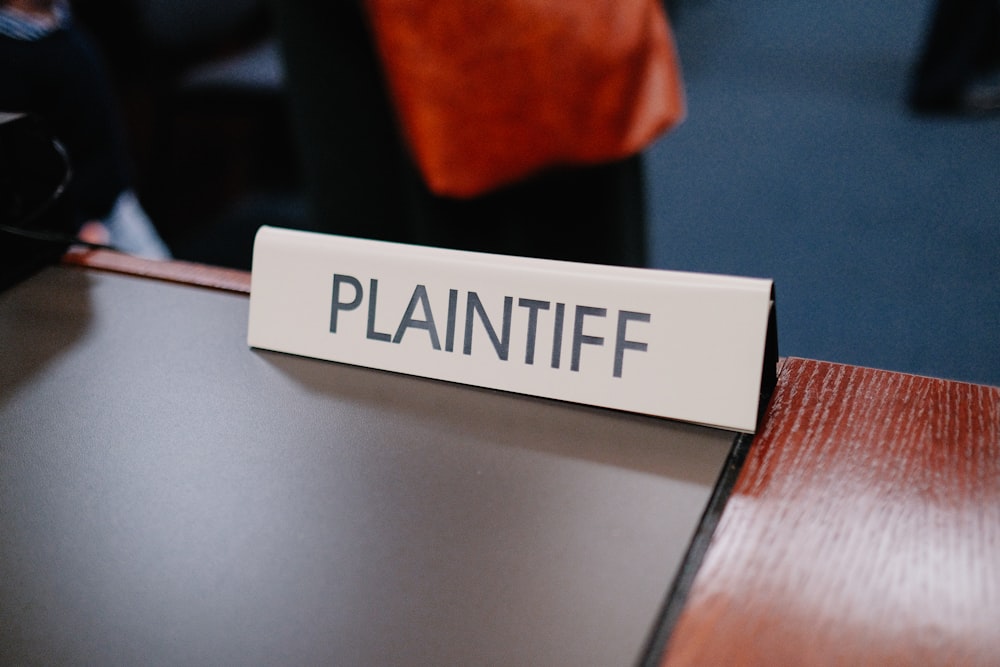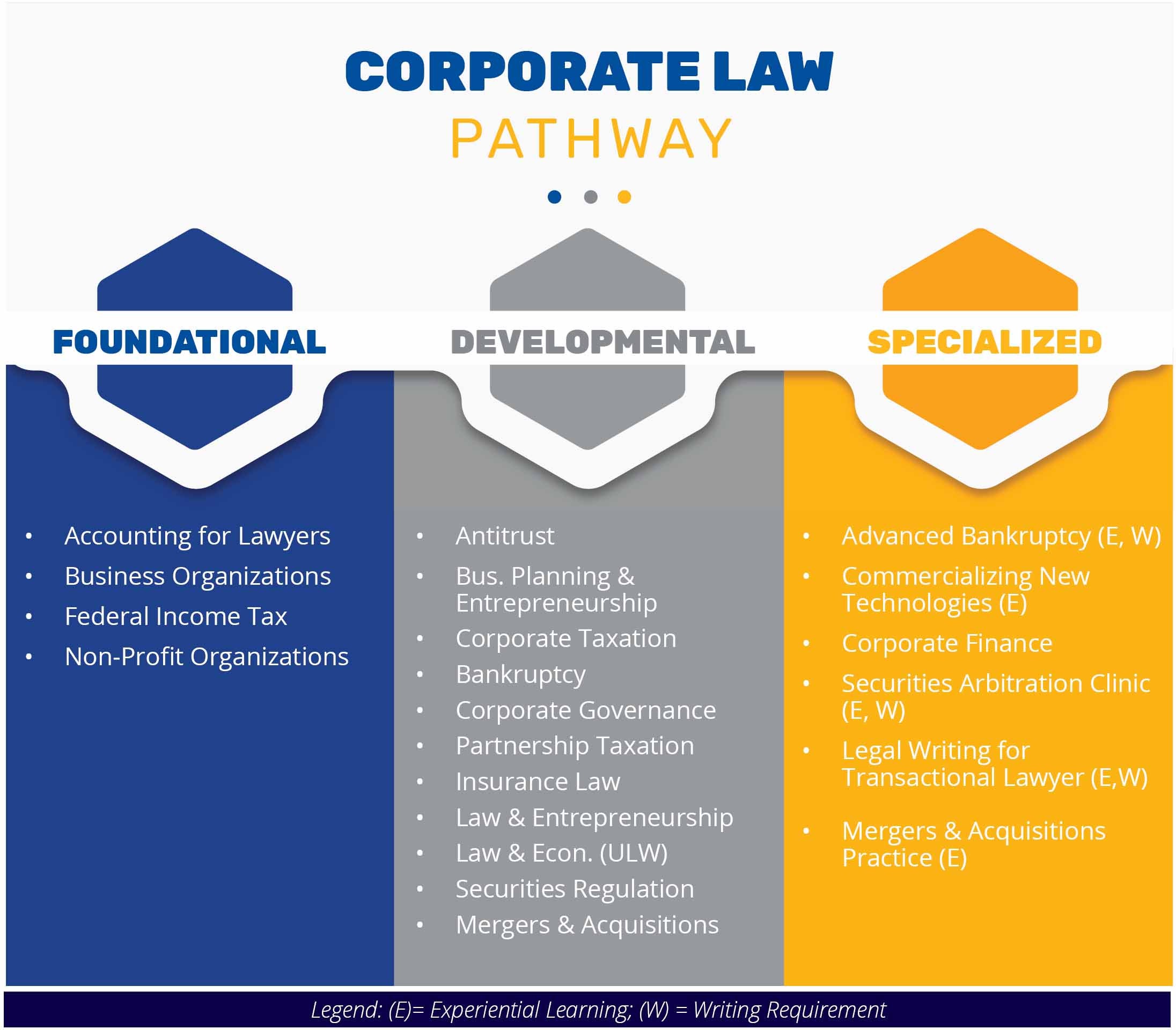
Legal Strategies for Labor Lawsuits Essential Insights
Introduction
When it comes to navigating the complexities of labor lawsuits, having a solid understanding of legal strategies is paramount. From disputes over wages and hours to issues related to discrimination and wrongful termination, labor lawsuits can pose significant challenges for both employees and employers alike. In this article, we’ll delve into essential insights regarding legal strategies for labor lawsuits, offering guidance for those involved in such matters.
Understanding the Legal Landscape
Before delving into specific legal strategies, it’s crucial to grasp the broader legal landscape surrounding labor lawsuits. This includes familiarizing oneself with relevant labor laws, regulations, and precedents that govern such disputes. Whether you’re an employee seeking justice or an employer defending against allegations, having a comprehensive understanding of the legal framework is essential for devising effective strategies.
Early Case Assessment and Risk Analysis
One of the first steps in formulating a legal strategy for a labor lawsuit is conducting an early case assessment and risk analysis. This involves carefully evaluating the strengths and weaknesses of the case, as well as identifying potential risks and liabilities. By conducting a thorough assessment early on, parties can make informed decisions about how to proceed with the litigation process.
Exploring Alternative Dispute Resolution
In many labor lawsuits, pursuing alternative dispute resolution methods such as mediation or arbitration can offer significant benefits. These approaches can often be faster, less costly, and less adversarial than traditional litigation. Additionally, they may allow parties to maintain a level of confidentiality and control over the outcome of the dispute. Exploring alternative dispute resolution options should be considered as part of an overall legal strategy.
Developing a Comprehensive Litigation Strategy
For cases that proceed to litigation, developing a comprehensive litigation strategy is essential. This involves outlining clear objectives, identifying key legal issues, and determining the most effective course of action. Whether it’s gathering evidence, preparing witnesses, or engaging in pretrial motions, each step should align with the overarching litigation strategy.
Effective Communication and Documentation
Clear and effective communication is critical in labor lawsuits, both internally among parties involved and externally with legal representatives. Additionally, thorough documentation of relevant communications, policies, and actions can play a crucial role in supporting legal arguments and defenses. By maintaining accurate records and fostering open communication, parties can strengthen their position in the lawsuit.
Mitigating Potential Risks and Liabilities
In labor lawsuits, mitigating potential risks and liabilities is a key component of any legal strategy. This may involve implementing proactive measures such as updating policies and procedures, providing employee training, and conducting internal investigations to address issues before they escalate into legal disputes. By addressing potential risks early on, parties can minimize exposure and liability.
Adapting to Evolving Legal Trends
The legal landscape surrounding labor lawsuits is constantly evolving, with new laws, regulations, and court rulings shaping the way such disputes are handled. Staying abreast of these changes and adapting legal strategies accordingly is crucial for success. Whether it’s addressing emerging issues such as remote work arrangements or changes in employment laws, staying informed and proactive is essential.
Collaborating with Legal Professionals
Navigating labor lawsuits can be complex and challenging, requiring expertise in employment law and litigation strategies. Collaborating with experienced legal professionals who specialize in labor and employment law can provide invaluable guidance and support. Whether it’s retaining outside counsel or consulting with internal legal teams, having knowledgeable experts on your side can greatly enhance the effectiveness of your legal strategy.
Conclusion
In the realm of labor lawsuits, effective legal strategies can make all the difference in achieving favorable outcomes. By understanding the legal landscape, conducting thorough assessments, exploring alternative dispute resolution options, and collaborating with legal professionals, parties can navigate these complex matters with confidence and success. Read more about labor lawsuits











